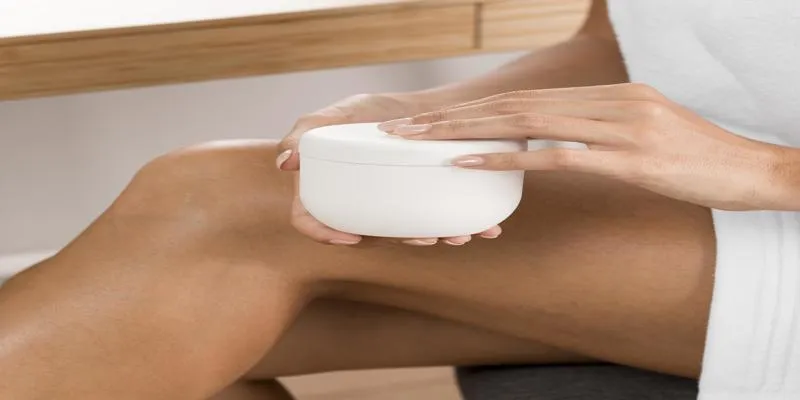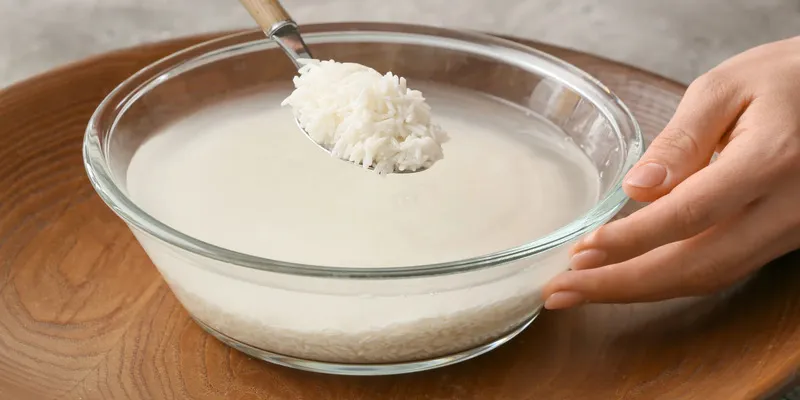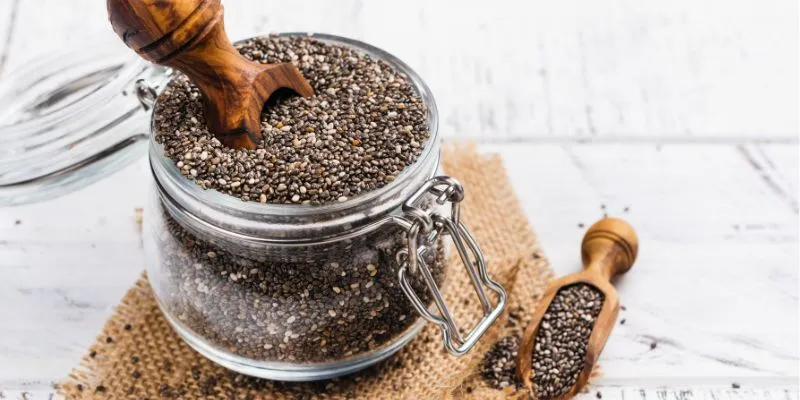Is Your Shampoo Causing Hair Loss? Key Ingredients to Avoid
Many people are quick to blame genetics or stress for their hair loss, but have you ever considered that your shampoo might be the culprit? With the vast array of shampoos available, it’s easy to overlook the potential impact of certain ingredients on your hair’s health. Some common components in shampoos might be contributing to hair thinning and breakage without you even realizing it.
In this article, we’ll delve into how specific ingredients in shampoos could lead to hair loss, discover the benefits of apple cider vinegar for hair care, and provide practical tips to help you make informed choices for healthier hair.
Could Your Shampoo Be the Reason for Your Hair Loss?
Shampoo is a staple in our daily routines, meant to cleanse and refresh. However, not all shampoos are created equal, and the wrong formulation can sometimes do more harm than good. If you’ve noticed an increase in hair shedding and suspect your shampoo might be to blame, you’re not alone.
Hair loss linked to shampoo often results from harmful ingredients that can irritate the scalp, weaken hair strands, or disrupt natural growth cycles. Understanding these problematic ingredients can help you make more informed choices and protect your hair’s health.
Shampoo Ingredients That Might Be Causing Hair Loss
Hair loss linked to shampoo is often due to certain harmful ingredients that can affect your scalp and hair health. Here’s a rundown of the ingredients to watch out for:
Sulfates: The Lather That Could Be Harmful
Sulfates, such as sodium lauryl sulfate (SLS) and sodium laureth sulfate (SLES), are common cleansing agents in many shampoos. They are responsible for the rich, foamy lather that helps lift dirt and oil from your scalp and hair. While this foaming action feels satisfying, sulfates can have a downside. They are quite effective at stripping away oils, which can leave the scalp irritated and dry.
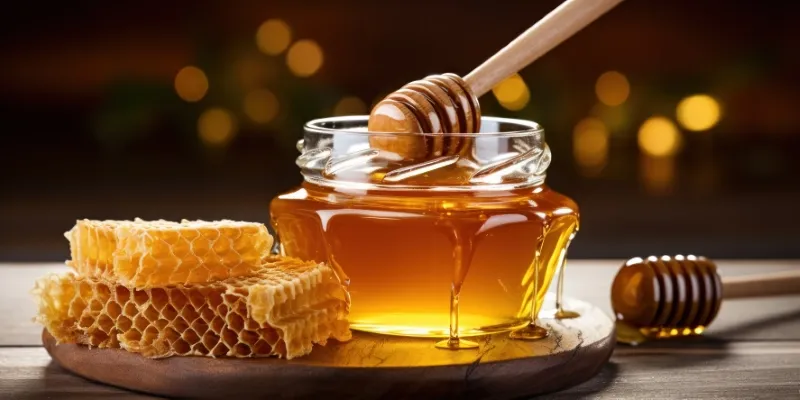
When your scalp loses its natural oils, it can become inflamed and sensitive, leading to potential hair loss. Over time, this stripping effect can weaken hair strands, making them more prone to breakage and thinning.
Parabens: Preservatives with Hidden Risks
Parabens, including methylparaben and propylparaben, are widely used preservatives in cosmetics and shampoos. They help extend the shelf life of products by preventing bacterial growth.
However, parabens have been linked to hormonal disruptions because they can mimic estrogen in the body. This hormonal imbalance has been associated with hair loss, as it can interfere with normal hair growth cycles. Opting for paraben-free shampoos can help you avoid these potential risks and maintain a healthier scalp environment.
Formaldehyde and Formaldehyde-Releasing Agents: Hidden Irritants
Formaldehyde is a well-known irritant and is sometimes used in shampoos as a preservative or a straightening agent. Ingredients like DMDM hydantoin, quaternium-15, and imidazolidinyl urea are known to release formaldehyde over time.
This gradual release can lead to chronic exposure, causing scalp irritation and damage to hair follicles. Such irritation can disrupt the natural growth cycle of hair, leading to hair loss. Choosing shampoos without these formaldehyde-releasing agents can help protect your scalp from unnecessary irritation and maintain healthy hair growth.
Alcohols: Drying Agents to Watch For
Not all alcohols are harmful, but certain types, like isopropyl alcohol and ethyl alcohol, can be drying. These alcohols are used to help dissolve other ingredients and create a lighter texture in shampoos.
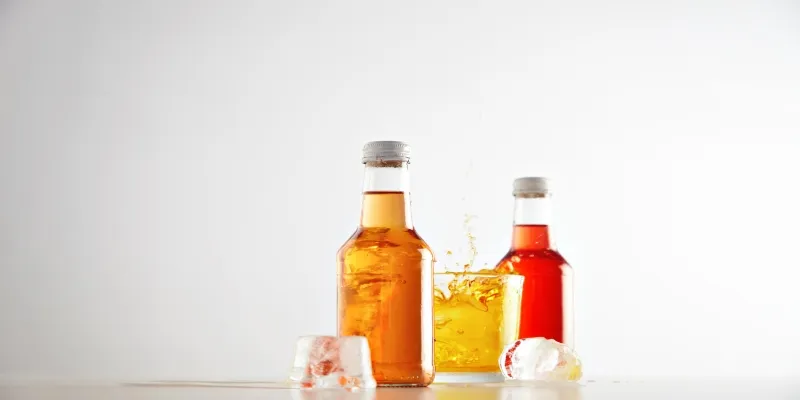
However, they can also strip moisture from your scalp and hair, leading to dryness, flakiness, and breakage. This can exacerbate existing scalp conditions or create new issues, contributing to hair loss. Instead, look for shampoos containing fatty alcohols like cetyl alcohol or stearyl alcohol, which are less likely to cause dryness and can help condition and moisturize the scalp.
Silicones: The Build-Up Problem
Silicones such as dimethicone and cyclopentasiloxane are added to shampoos to provide a smooth, shiny finish to hair. While they can make hair look glossy and feel silky, silicones can build up over time. This build-up can lead to residue on the scalp, which can clog hair follicles and hinder natural hair growth.
It can also make hair feel heavy and limp, leading to excessive shedding. If you notice your hair becoming dull or weighed down, consider switching to silicone-free shampoos to avoid this build-up and support healthier hair.
Synthetic Fragrances: Hidden Allergens
Synthetic fragrances are added to shampoos to make them smell appealing, but these artificial scents can be a source of irritation for sensitive individuals. The chemicals used to create these fragrances can cause scalp inflammation and allergic reactions, contributing to hair loss.
If you have a sensitive scalp or are prone to allergies, choosing shampoos with natural fragrances or those labeled as fragrance-free can help reduce the risk of irritation and maintain a healthier scalp.
Colorants: The Risk of Artificial Dyes
Some individuals experience scalp irritation from artificial colorants and dyes in shampoos. These dyes are often added to make products look more appealing, but they can sometimes exacerbate underlying scalp conditions or cause allergic reactions.
If you have a sensitive scalp or are prone to allergies, shampoo dyes can lead to inflammation and hair loss. Opting for colorant-free shampoos can help minimize these risks and promote a healthier scalp environment.
Conclusion
Hair loss can be a distressing experience, and discovering that your shampoo might be contributing to the problem can be unsettling. By understanding which ingredients to avoid, you can make more informed choices about your hair care products. Sulfates, parabens, formaldehyde, certain alcohols, silicones, synthetic fragrances, and colorants are all ingredients that might harm your hair and scalp health.
Switching to shampoos that are free from these harmful substances can help restore your hair’s natural strength and vitality. Remember, everyone’s scalp is unique. Pay attention to how your hair and scalp respond to different products and adjust as needed. Healthy hair begins with a healthy scalp, and selecting the right shampoo is vital to maintaining both.

